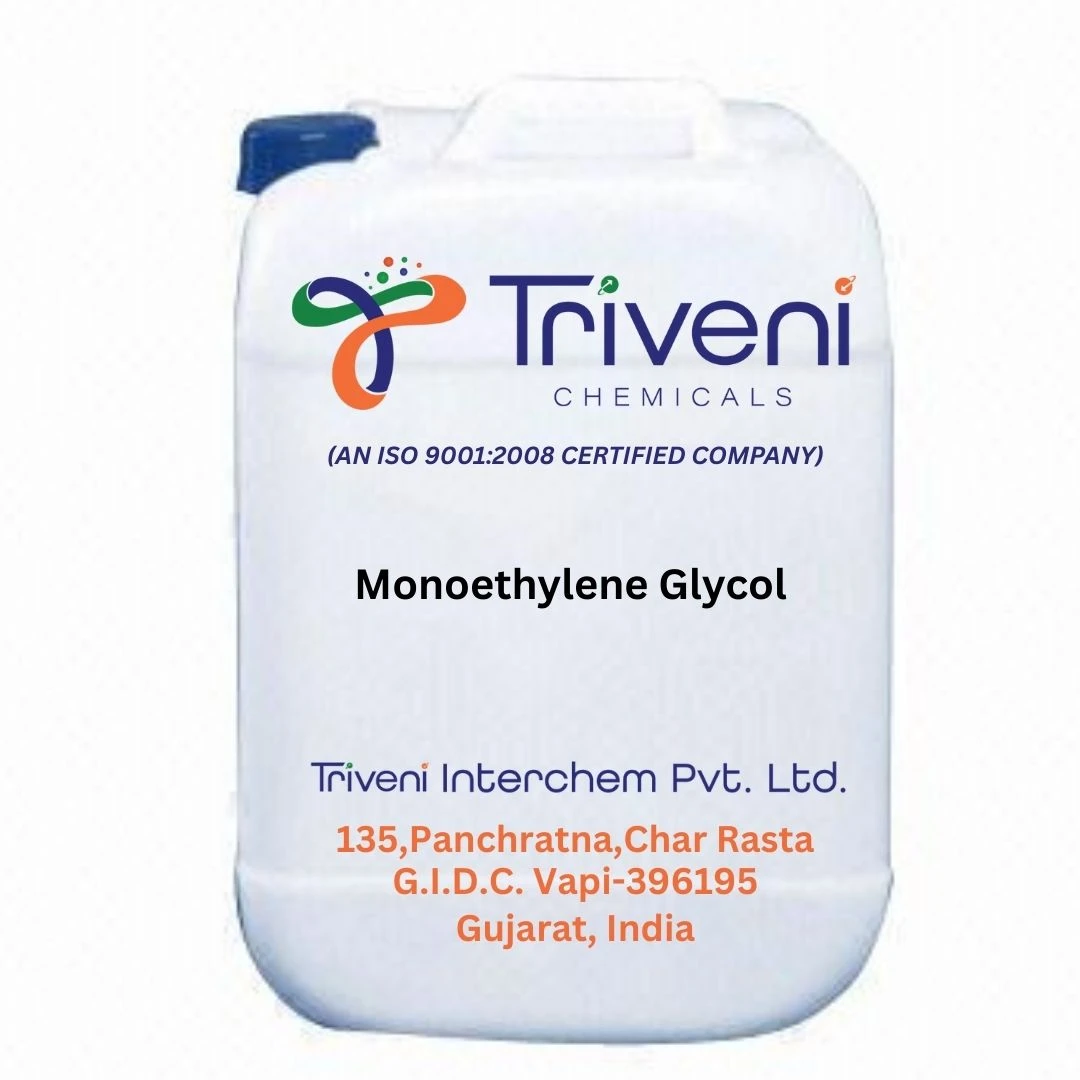Because of their special qualities and wide range of uses, synthetic waxes, a flexible class of compounds generated from petroleum or plant-based sources, have revolutionized many industries. These waxes are more consistent, perform better, and are more affordable than natural waxes because they are painstakingly engineered through regulated processes to..
Because of their special qualities and wide range of uses, synthetic waxes, a flexible class of compounds generated from petroleum or plant-based sources, have revolutionized many industries. These waxes are more consistent, perform better, and are more affordable than natural waxes because they are painstakingly engineered through regulated processes to attain particular properties.Synthetic waxes are distinguished by a wide variety of melting points that can be carefully adjusted during the manufacturing process. Because of their versatility, they can be used in situations where natural waxes might not be appropriate, including in sectors that need high melting point waxes for processing ease or low melting point waxes for thermal stability.Synthetic waxes are widely used in lipstick, cream, and lotion compositions in the cosmetics sector. They are essential because they can give desired textures, gloss, and consistency control. Synthetic waxes, as opposed to natural ones, provide better resistance to oxidation and microbiological deterioration, extending the shelf life of cosmetics. Furthermore, the creation of coatings and adhesives depends heavily on synthetic waxes. Their ability to work with different additives permits customization of adhesive qualities, and their homogeneous molecular structure guarantees consistent performance in bonding applications. Synthetic waxes improve coatings' surface shine, durability, and resistance to scratches, which improves the final product's appearance and functionality.Synthetic waxes are very beneficial to the textile industry, especially for the finishing and sizing operations. These waxes improve fabrics' performance and appeal in consumer markets by giving them water repellency, wrinkle resistance, and ease of ironing. Furthermore, synthetic waxes are essential ingredients in polish production since they give surfaces like floors and cars a glossy, protective coating.Environmental concerns have prompted the creation of bio-based synthetic waxes made from renewable resources, such as vegetable oils, in recent years. These green substitutes offer a smaller environmental impact while maintaining the benefits of their petroleum-based equivalents.To sum up, synthetic waxes are an essential component of contemporary industrial processes because they are adaptable, dependable, and sustainable in a wide range of uses. The continuous innovation in the manufacturing of synthetic wax promises even higher efficiency and environmental benefits as technology improves and consumer demands change, assuring its continuing relevance in international markets.


